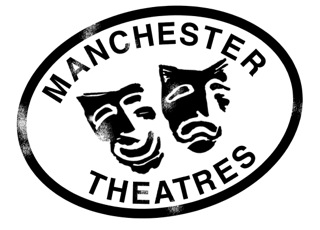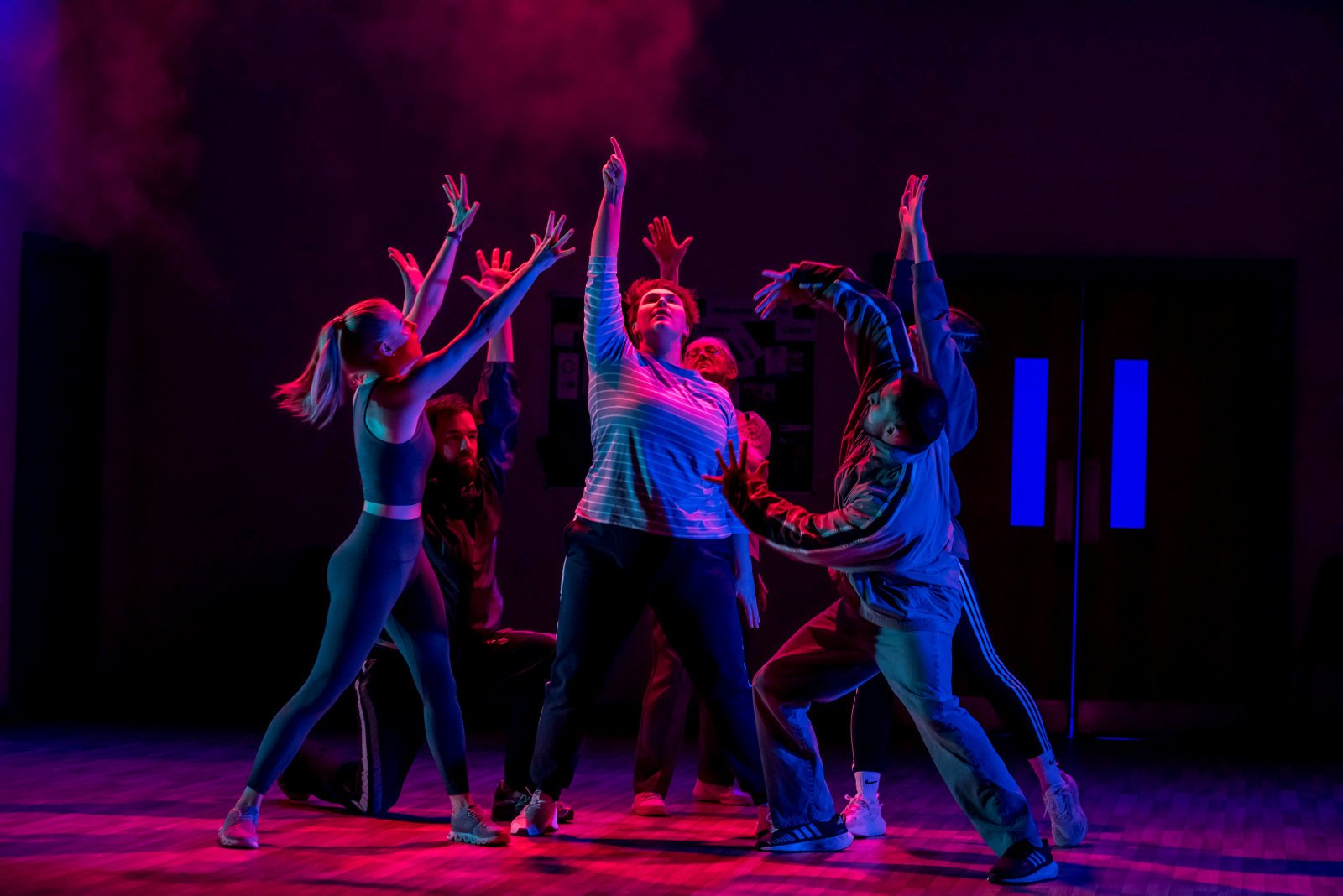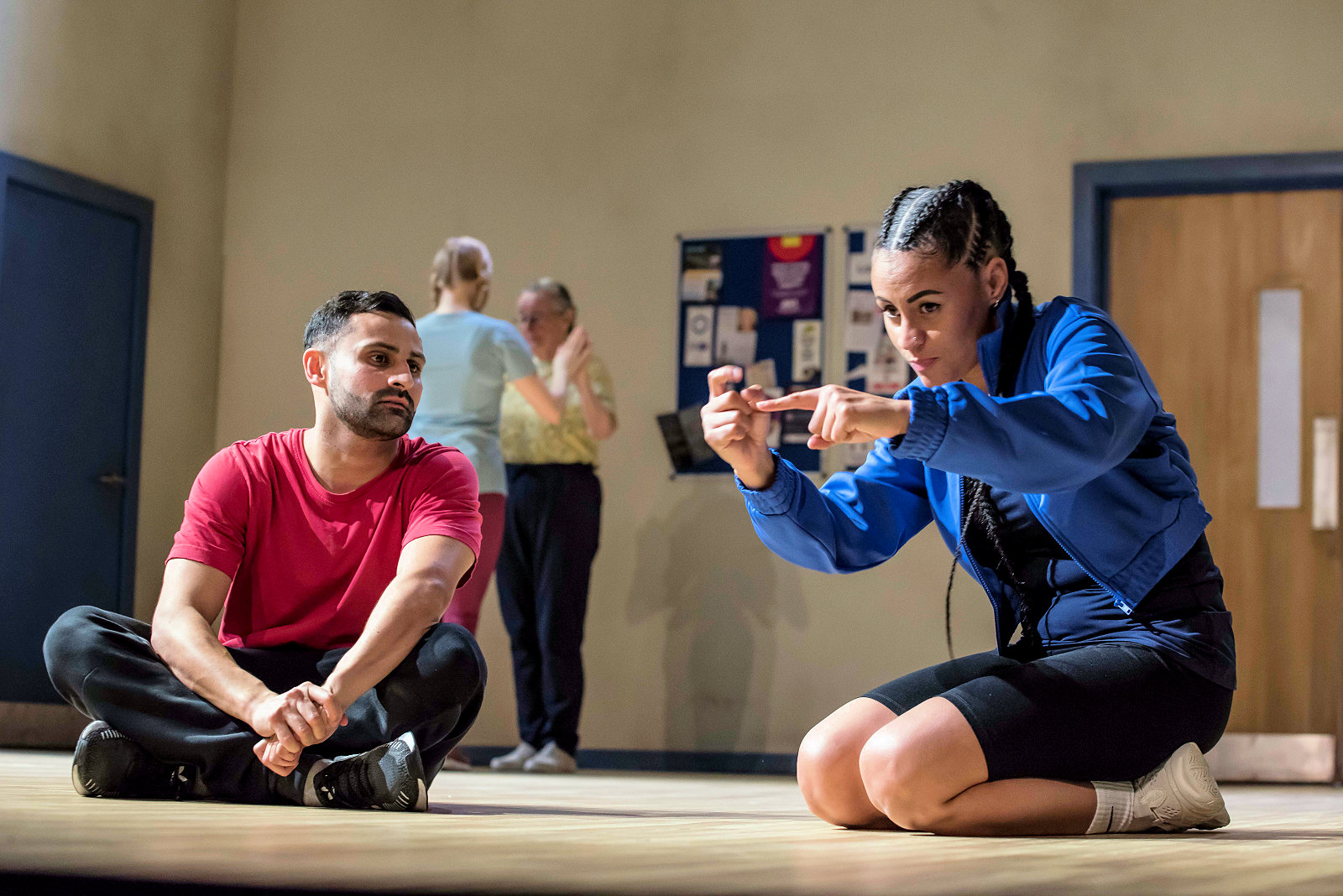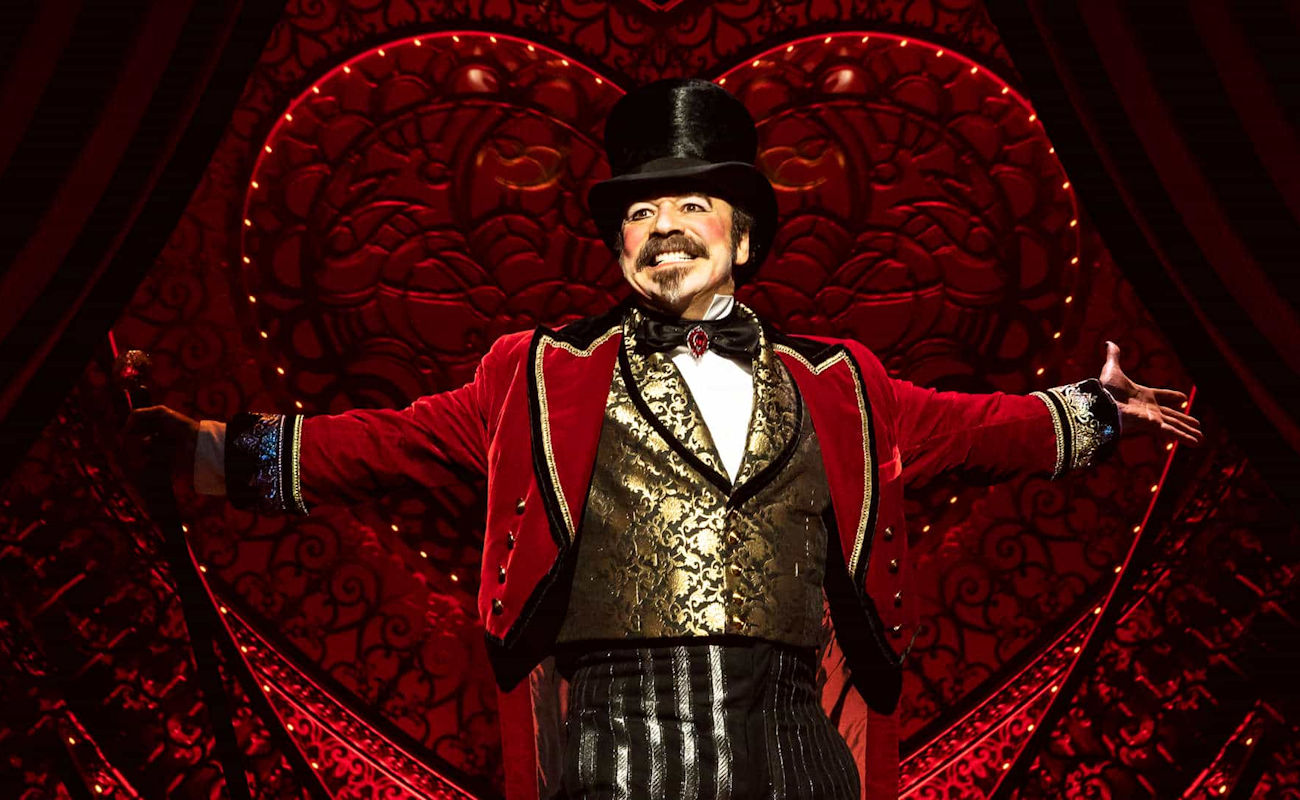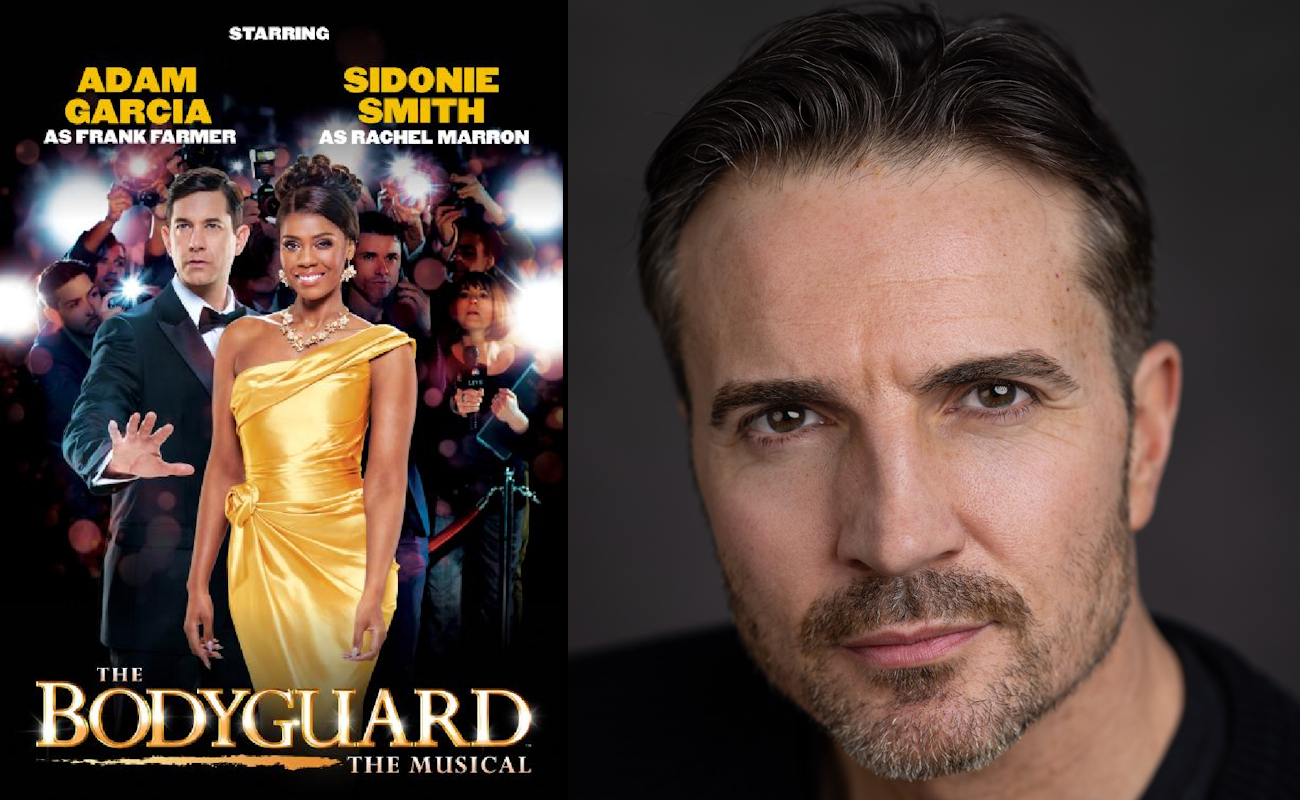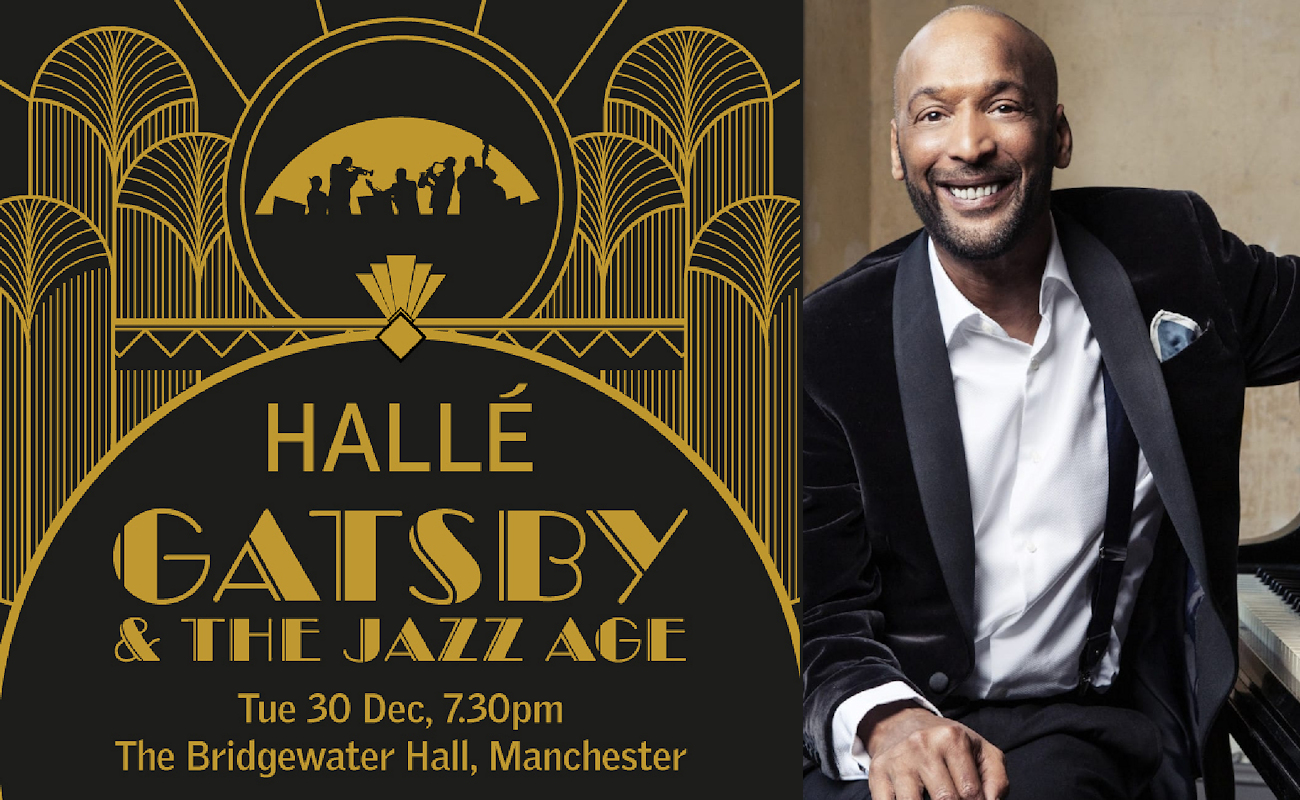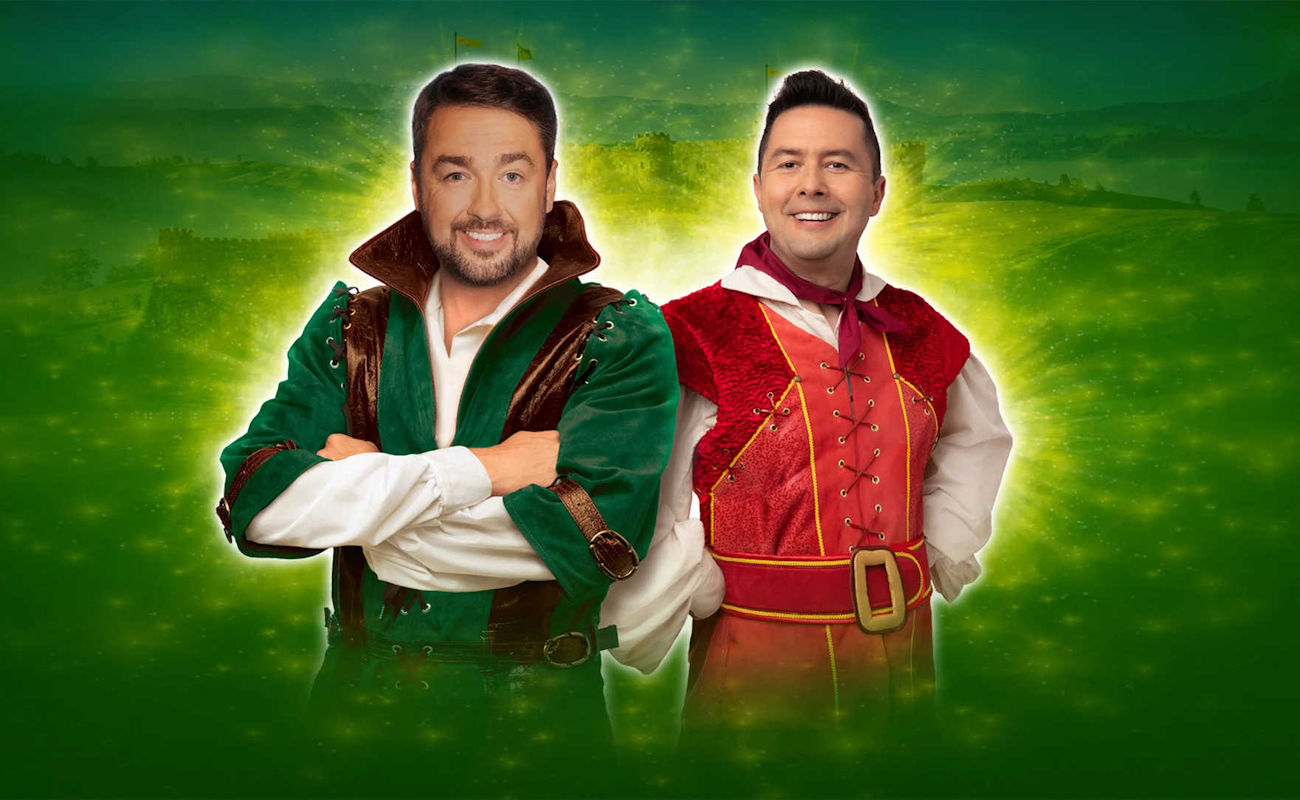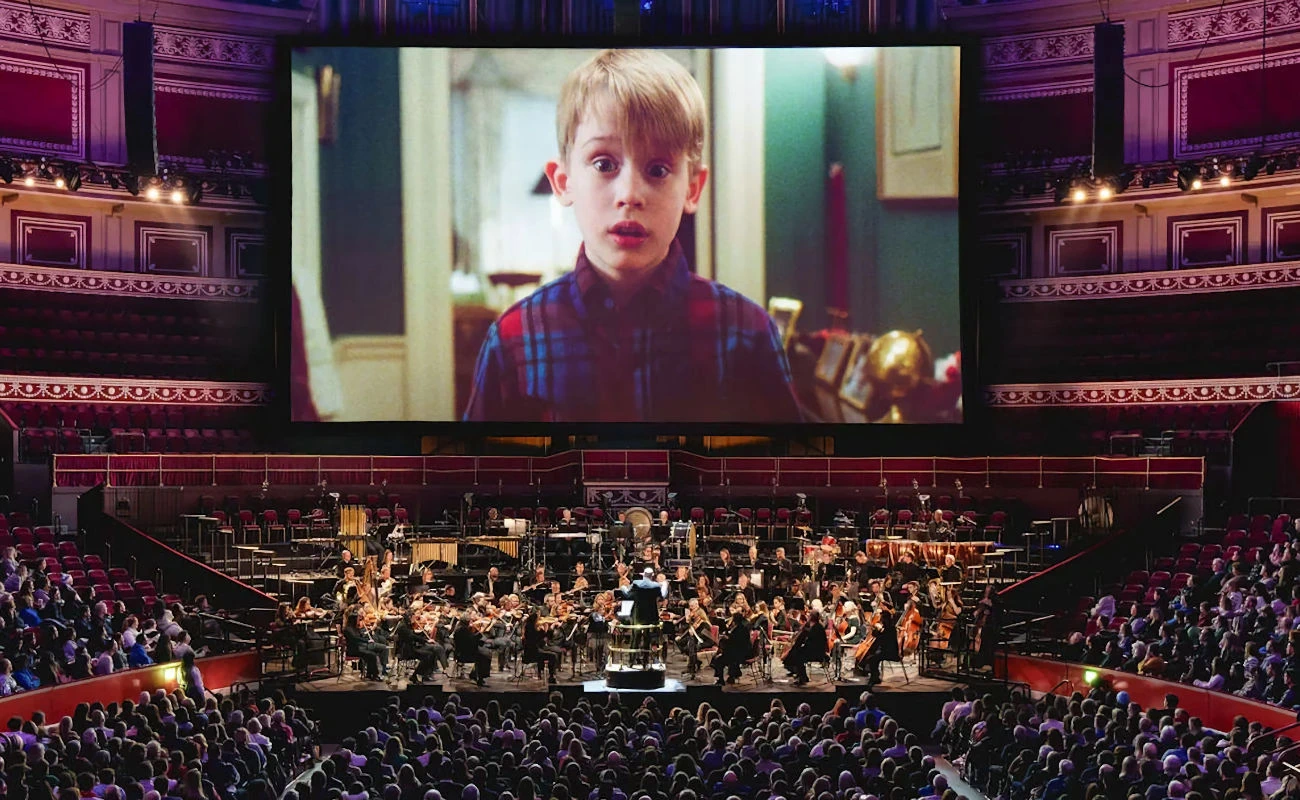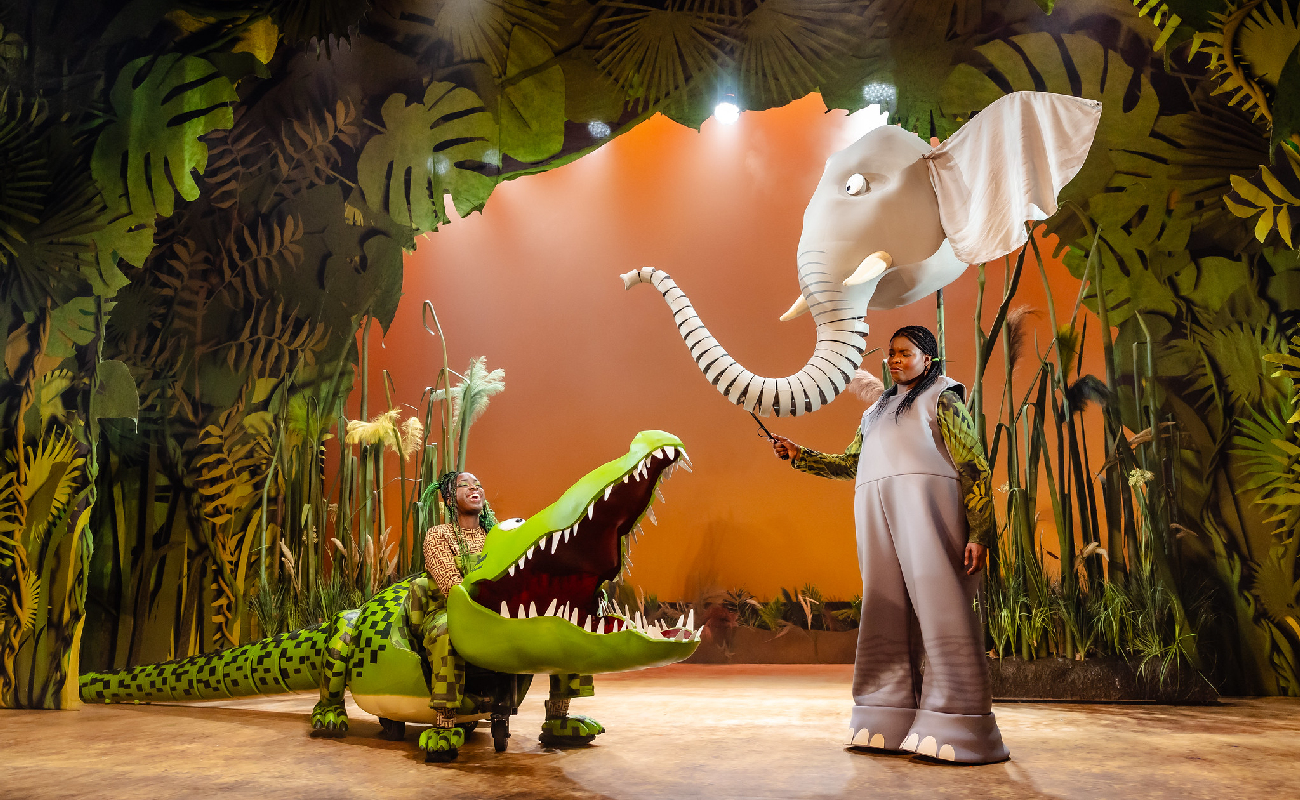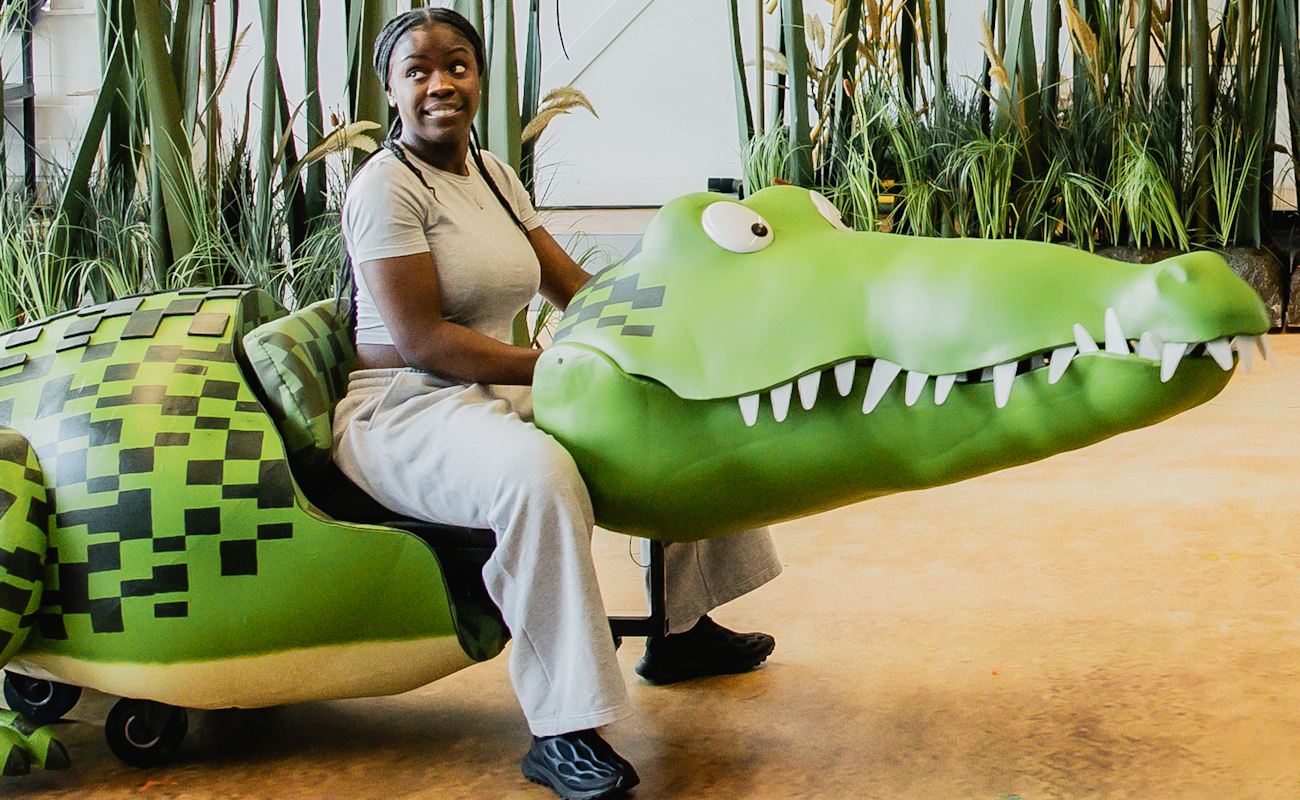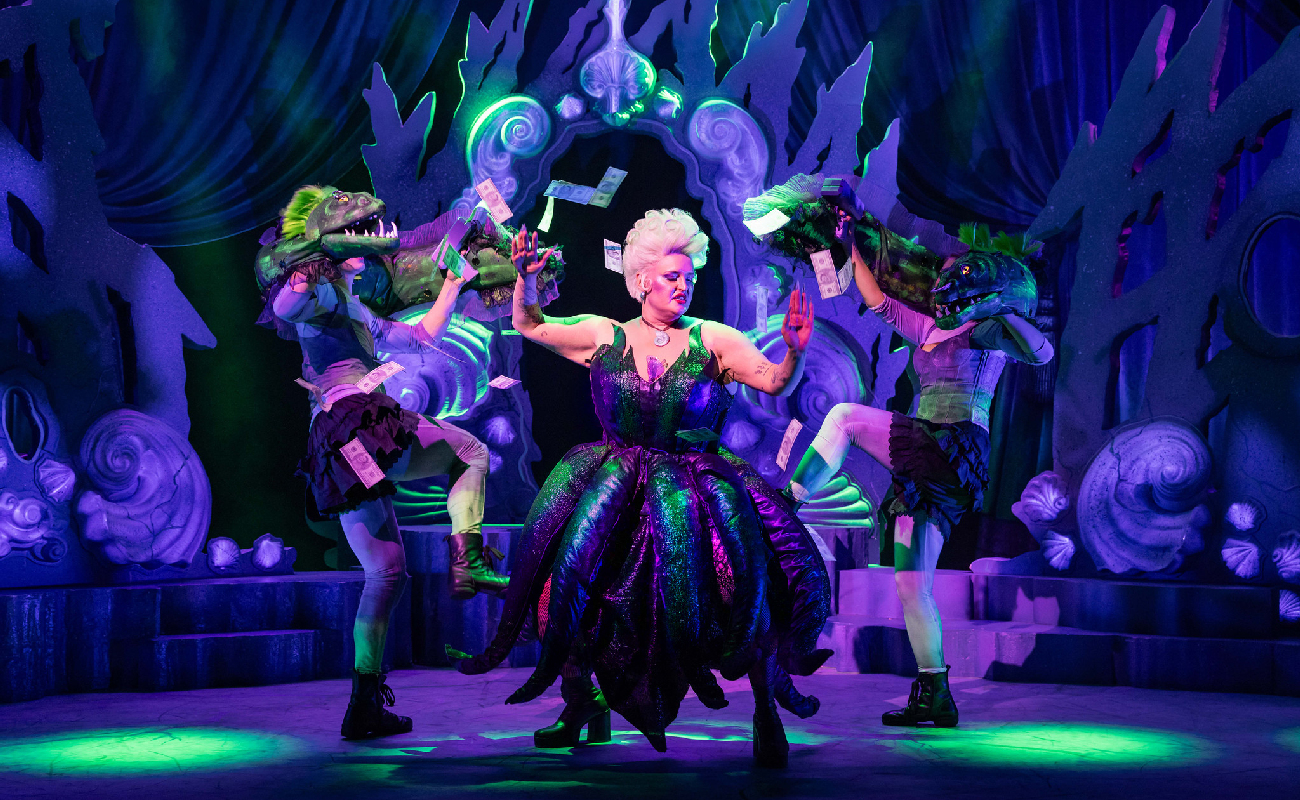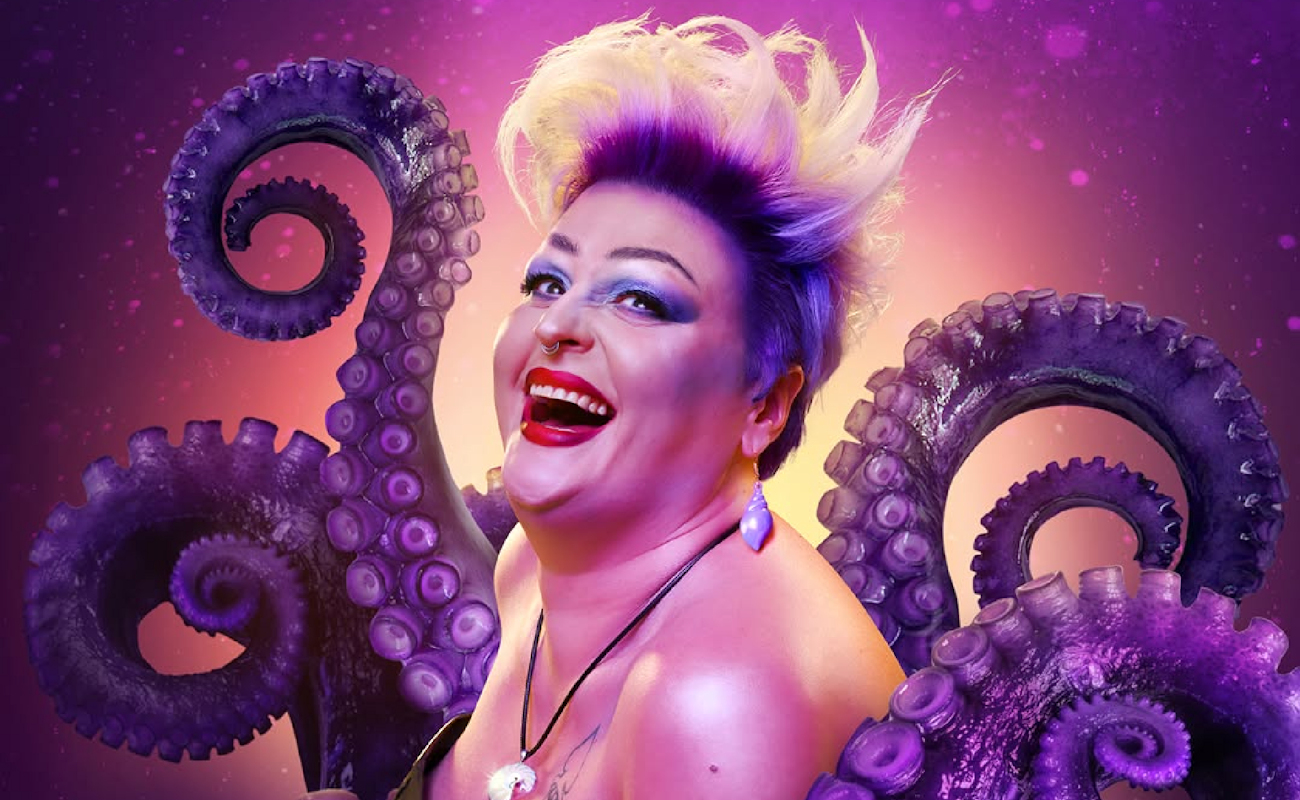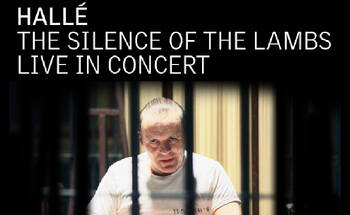Manchester Theatre News & Reviews
REVIEW - Work It Out is filled with hilarity, heartache and hope. A brilliant must-see play!
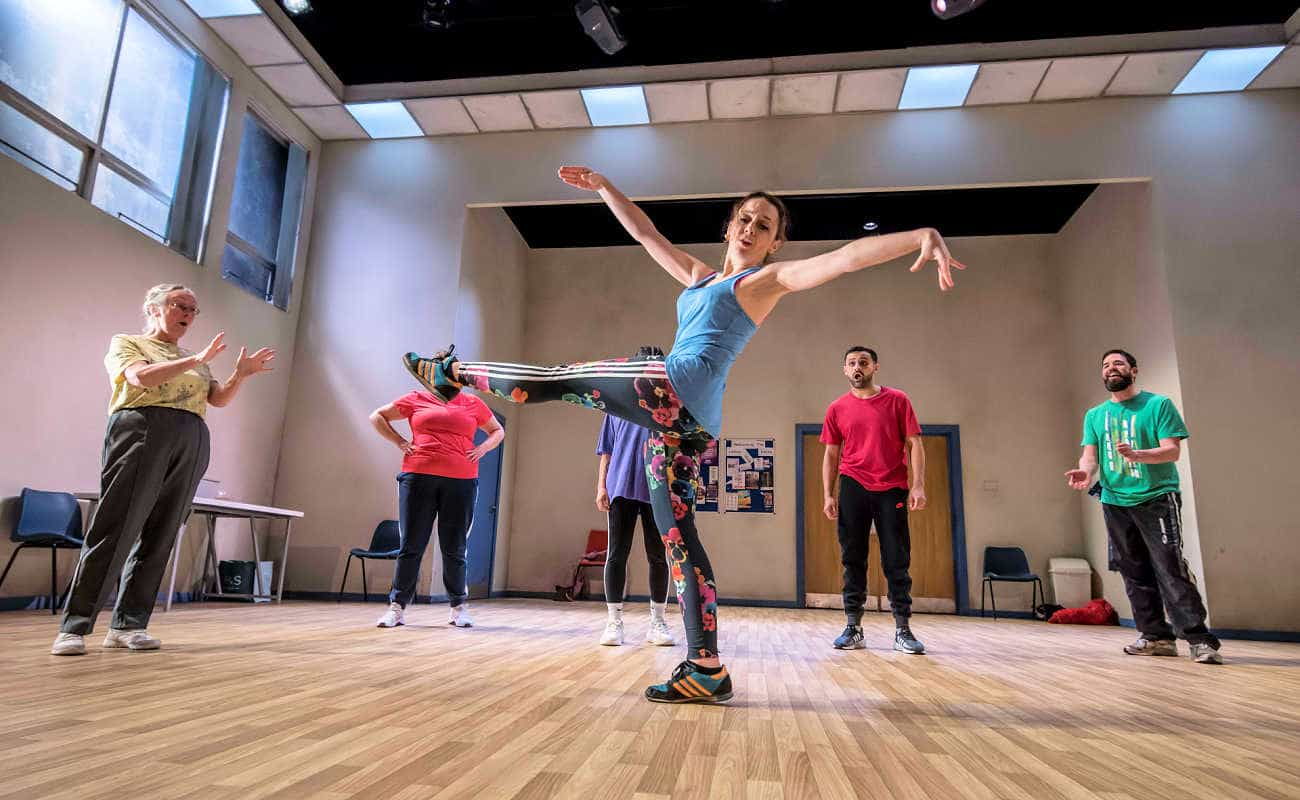 BOOK YOUR TICKETS HERE!
BOOK YOUR TICKETS HERE!
On Wednesday, we went to HOME to see Work It Out. Read what our reviewer Karen Ryder had to say about this wonderful new drama...
Us human folk are a complex, confusing and compelling bunch aren’t we?! We are uniquely wired, resulting in different features, personalities, likes, dislikes, strengths, weaknesses, abilities, hopes and dreams. These differences are all encapsulated in varying forms of the same fundamental design, the human body, which often brings its own set of challenges. Yet despite all these differences, they emerge from the same, deep routed and innate place. Humanity and our ability to feel. The circumstances surrounding these overwhelming feelings may be worlds apart in each of us. We may feel them with different strengths and have various ways of coping with them, but those feelings of failure, loneliness, worthlessness, being different, not being understood, self loathing, frustration, love, despair, hate, and anything else you care to throw in the mix, are universal to all of us at some point. They unite us in a powerful way that is often left unexplored because it’s scary to be that open and honest. And so we hide, thinking we are the only ones. Work It Out, a fabulous new play written by Eve Steele provides a safe space for these humans, not only in the play, but us in the audience too, to start to peek around that closed door and see if there’s anyone like us on the other side.
As we enter the theatre, a huge and empty stage dominates, set up as a community hall. You have that shared feeling of, “Are we the first one here?” and this is exactly how the performance starts too, with each character making their solo entrance into the exposing emptiness. It is already too much for some, and they leave, whilst others shrink so far back into the wall, trying to make themselves invisible, that their discomfort is palpable. So much happens in these opening moments, without a word being spoken, that we all connect with. And it shows in the giggles and recognition in the audience. As the story unfold, we discover that this is an exercise class that has been funded for people who are struggling with their mental health and have their personal demons to work through. So when perky, bouncy, shiny instructor Alice bounds in with an enthusiasm and dance moves that are in a different stratosphere to their own world, it takes a new kind of strength to even stay in the room, for what could she possibly know about life’s struggles? As the play develops, we learn that surface impressions are only what we want everyone to see, and the truth of how deep the waters actually run can drown you. Yet something keeps pulling everyone back into the class, perhaps that recognition of themselves in others, perhaps because they simply have nowhere better to be, but return they do and a whole new world is opened up for them all. They start to trust, to share, to accept help. They start to listen, to learn, to hope. They start to connect through dance, and just as a chink of light starts to seep through, it is announced funding for the class is being cut. What follows is beautiful for their new found connection gives them a reason to fight for the first time. Previously, when that fight has only ever been for themselves, mental states can tell them they are not worth it, and so it is easy to give in, but with connection, you are fighting for others, not just yourself, and it is a much harder path to resist. Believe in that connection enough, and you might just create your own chosen family. You might even achieve what you believed to be impossible. And when life throws you another, tragic curve ball, you just might find a way through because you decided to stay at that dance class with the perky, bouncy, shiny instructor.
Work It Out bravely voices so many suppressed complex emotions and has the ability to do so without words. So much is said in the silence. It trusts that we recognise the discomforts, the feelings, the paranoias, and we do, for we too have felt them. The story takes us through these characters lives one week at a time, with the passing weeks being clearly projected. Early tensions spill out through mistrust, default settings, and defence mechanisms, but as week one chasses into week 3, then 7, then 15 and so on, these early tensions slowly melt away and are replaced with patience, understanding, and empathy. Each character is given their moment in the spotlight where they are able to share a little more of their story with us the audience, they do not share these moments with each other. It is a stark reminder that you never really know what someone is going through. Even more wonderful is that each solo spot is delivered as uniquely as each of the characters.
Colette (Eva Scott) unleashes her internal dementors via a stylised movement piece which is powerful and striking. The stage is flooded in red as the dance class around her freezes and we become privy to her thoughts. She has a complicated relationship with food and consequently battles self-image issues. As Colette breaks out of the here and now and into her mind, she approaches the pert, stunning dance instructor Alice. She starts with admiration, but uncontrollable rage and jealousy take over and we see her brutally attacking this image of perfection. It is choreographed so well that you can see the moment the switch is flipped in Colette, so that when the moment is over and we are left with this sweet, shy person, the message sinks in as to just how much self-loathing she is hiding. It is impactful and makes you pay attention.
Marie (Eithne Browne) presents a moving and gut wrenching monologue about her hoarding disorder and addiction to prescribed medication. She explains the cycle and how isolating it can be. Her desperation for help and support whilst not being able to let go is visibly tying her in knots before our eyes. My heart went out to her. Yet when she is with the group and hiding the extent of her problems, she is a wise cracking, sharp tongued humorous lady who has a way of getting exactly what she wants. She is brilliant to watch, always switched on, and even when she is sat in the far throws of the stage, you can still catch her character secretly bopping along to the music, or clutching her bag so tight that her mistrust of others shows, or being pinned down by her grand daughter who refuses to let her give in and leave.
Maries Granddaughter is Rebecca (Raffie Julien) who is initially only there to ensure her Grandnanna doesn’t bolt. Rebecca is clearly strong willed, caring, feisty, and has a lot to say. The trouble is, no one makes any effort to listen to what she has to say because she speaks through sign language and they don’t understand. Through a stunningly moving and intelligent piece of theatre, Rebecca tells us her story. As she signs the whole thing in silence, it becomes clear just how much this teenager has to say, how expressive she is, and how frustrated she is. A voice over gives us a few snippets of what she is saying, but only moments. Unless you sign, you are only able to pick up on the emotions she is feeling, and a vague idea of how girls at school are being vile to her, but that’s it. You can’t follow her full story. And I heard someone at the interval pointing this out as a negative, and my head wanted to explode. That was the whole point! We were placed in Rebecca’s shoes. We were in a world where we were unable to fully follow the communication. Those who don’t have to think about hearing talk so quickly, overlap conversations, make false starts, mumble, turn away when speaking, cover mouths, do a million different things that make it virtually impossible for full speech conversation to be followed or lip read. Those with full hearing who do not sign were given a taste of Rebecca’s world and what it is like and how hard you have to constantly work to try and follow what is being said. For me, it was a very eye opening and humbling experience.
Rob (Aaron McCusker) gave a heartbreaking monologue about his characters alcohol addiction, where he spoke about the family he had lost, the life he had lost to the illness. It was delivered so truthfully, and with so much pain, yet it was never delivered in a way that discounted the feelings of his family either and the impact it had on them. But it challenged the perception of addicts not caring about anyone but themselves, and gave us insight into how it strips the person of everything they hold dear to them. How their actions bring them embarrassment and humiliation where they don’t recognise themselves, and so it becomes a spiral of trying to numb those unbearable feelings. It offers a brutally honest insight, and is delivered with such rawness that you see the person, not the addiction.
In contrast to these emotively driven monologues, Siobhan (Eve Steele) presents a detached account of her characters heart wrenching life of every kind of abuse possible to a panel of strangers. This matter of fact delivery drives home how dehumanised Siobhan has become, how ripped apart her world has been, until there is nothing there but numbness. It is her survival technique and brilliantly represents an alternative response to trauma. Her delivery is so deadpan it verges on funny, evoking unsure giggles in the audience, potentially making us listen but not really hear her cry for help amidst the disturbing details of her life. These prove to be costly giggles in which we are all complicit and it is only afterwards that the significance of how we allow ourselves to be swayed by peoples walls of armour for our own comfort levels, sinks in.
Alice (Elizabeth Twells) seemingly breezes through the play as a happy go lucky, self-assured and excitable character, who hasn’t a care or trouble in the world. But just as we are encouraged not to judge those who have addictions, demons, mental health issues, disabilities, or health conditions, a simple off the cuff comment from Siobhan to Alice about something that she thinks is so natural, so easy, reminds us that no one is immune from suffering, or from assuming things about others and making judgments. Siobhan is showing Alice numerous pictures of her young child who has been taken into care, and as Alice’s discomfort grows, it is mistaken as disinterest, until Siobhan asks the seemingly innocent but loaded question, “Have you got kids?” And we see Alice’s heart shatter. Her world isn’t perfect. Women get asked it all the time, but if you are someone who hasn’t got children and who desperately wants them, it makes for a difficult situation, for as it is inevitably followed up with, “Aw, did you not want them?” This maternal side of Alice breaks through at the end when we realise just how much this class is where she expels her instinctual nurturing. These are her babies, and so when something happens, she takes it in the most unbearable way. Her pain is felt so deeply that she carries us all with her into the bittersweet conclusion.
Then there is Shaq’s (Dominic Coffey) solo moment where we are invited into his inner world. Shaq has ticks but loves to express himself, and he comes out and opens the second half with one of the most passionate, inspired and brilliant pieces of dance I have ever seen. It was beautifully clever, empowering, and mesmerising. It genuinely moved me to tears. We see Shaq stood alone, trying to control his ticks as he just wants to dance to the music, for it sets him free. And so this superb choreography by Jenni Jackson makes his ticks a strength by incorporating them into the style, the movement, the dance. She uses their beat, their unpredictability as a form of expression until this fantastically unique, quirky, and thrilling dance explodes across the stage and Shaq becomes so lost in the moment, his ticks no longer control him, but he controls them, and is free to be exactly who he is. It is utterly compelling and was a highlight of the entire show for me.
These may all be problems you have no experience of but as Alice points out, mental health touches everyone in some way. We have all collectively gone through a few years of the most bizarre way of living where we weren’t allowed to touch each other. We were separated from our loved ones, lost them in horrific circumstances. We were unable to connect and it impacts you. Like it or not. It impacts you. You could hear a pin drop as everyone had a shared experience and a way to relate. And the fabulous thing is, Work It Out offers help to us all because it shows you the answer is connection, and that anyone can make them. We just have to allow ourselves to do so. In this instance, it is through a dance class. Many of us were bopping away in the audience, loving the song choices and giggling in recognition at the challenge of co ordinating arms, legs and hands into one seamless movement. Even at the interval, the theatre was piped with some proper bangers that won out over going to the bar and grabbing another drink!
Work It Out is filled with hilarity, heartache, and hope. You will recognise elements of yourself in characters you thought you had nothing in common with. This element brings to mind the wonderful poem by Maya Angelou entitled Human Family. It is a contemporary and progressive showcase of not forgetting the human behind the inner demon, and of recognising that no matter how differently we present them, we all have the shared experience and complexity of humanity to navigate. It is a play about stepping out of your comfort zone and challenging yourself in ways you didn’t even know needed challenging. It encourages the benefits of shared experiences, of patience, of acceptance. As heavy as all this may sound, Eve Steele has brilliantly woven the entire thing into a beautifully touching and funny story, because people are at the heart of it. And when we recognise the peopleness of people, it is undeniably and innately funny. That observation, that detail, makes this play soar, it makes you laugh, and it makes you think. Yet it is not preachy, and it is not woke. Instead, it is subtle, kind and puts the person above and beyond their demons. It hands them back their identity and makes them matter. That is empowering and that is kindness.
WE SCORE WORK IT OUT...
Work It Out is on at the HOME, Manchester until Saturday 16th March 2024.
Watch our "In Conversation with Eve Steele" video discussing the show
